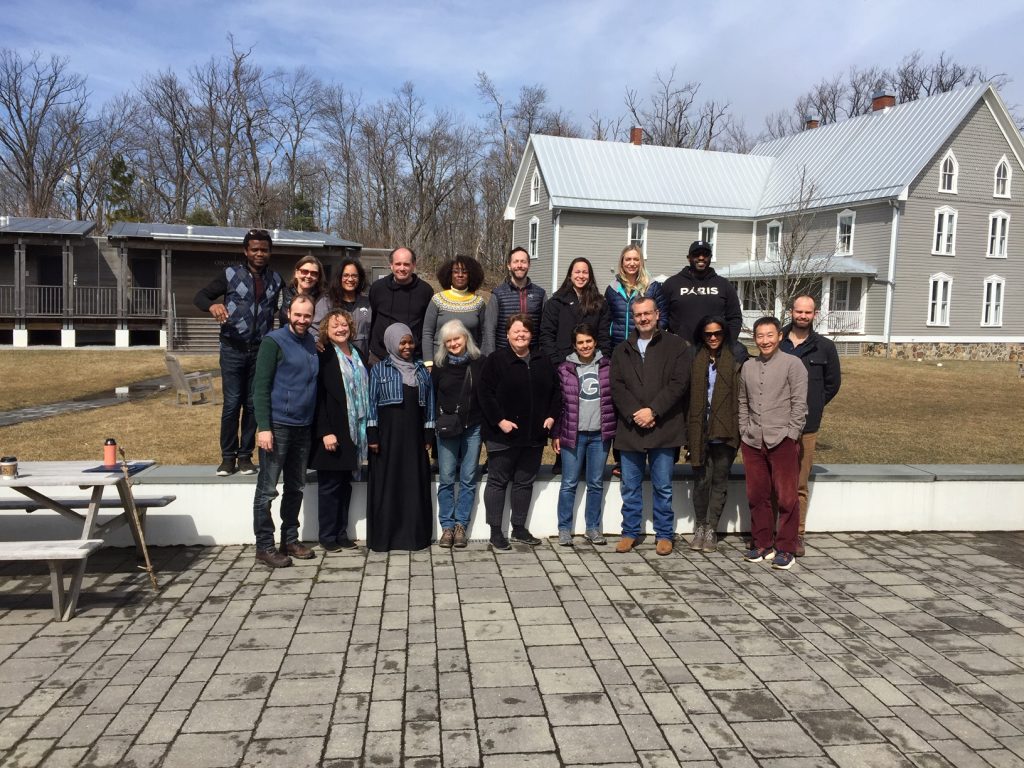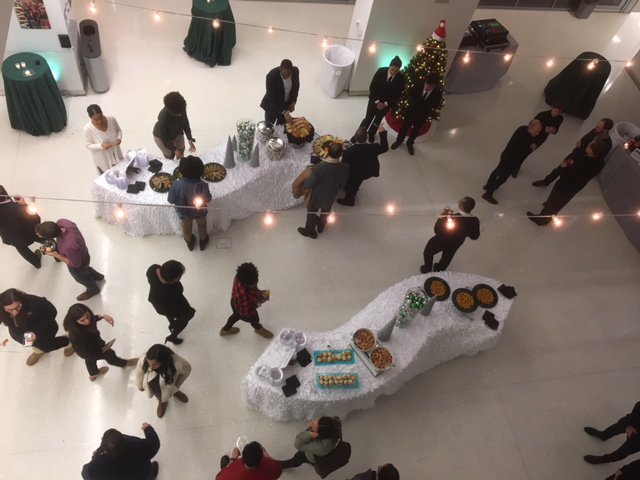Pope Francis recently gave an interview that I think offers much inspiration as we end this academic year. In particular, our SCS graduating students may find some needed consolation in the pope’s remarks, which concern two themes: the “now” and memory. While these ideas might seem like opposites, they come together in a deeper union if we allow ourselves to recognize just how deeply loved we truly are.

First, Pope Francis challenges all of us in a period of pandemic to greater solidarity, especially with those who are disproportionately at risk and suffering. He then invites us, in our “lockdown” at home, to find new creativity and imagination. Pope Francis writes:
“Take care of the now, for the sake of tomorrow. Always creatively, with a simple creativity, capable of inventing something new each day. Inside the home that’s not hard to discover, but don’t run away, don’t take refuge in escapism, which in this time is of no use to you.”
I first reacted to this encouragement with inspired energy but then wondered, as I am sure many of our graduates may also be feeling: what if I am not feeling creative or capable or imagining anew in these days of staying-at-home? What if I am not able to find a creative way to re-frame this unusual circumstance of graduating without all of the same ceremonial details of our much-anticipated rituals of commencement?
Pope Francis offers an affirming response later in the interview when, drawing upon the lessons of literature in Virgil’s Aeneid and the writings of Fyodor Dostoevsky, he writes:
“We need to recover our memory because memory will come to our aid. This is not humanity’s first plague; the others have become mere anecdotes. We need to remember our roots, our tradition, which is packed full of memories…So to be in lockdown, but yearning, with that memory that yearns and begets hope – that is what will help escape our confinement.”
Here, Francis is saying that we need to draw upon the resources of our past in order to take care of the now. In keeping with so many religious and spiritual traditions, including Ignatian spirituality, Pope Francis is offering all of us an opportunity to more deeply experience the love of the transcendent by utilizing all of our senses, including our memories. What would happen if we, recognizing that the cherished annual traditions of commencement have been turned somewhat upside-down, reimagined the graduation celebration by getting in touch with some of our most cherished memories as students at Georgetown?
Graduating students: here is my special invitation to engage with your memories in the days ahead as you prepare to receive your degrees. I invite you to find a quiet space and:
- Remember some experience of feeling gratitude during your time as a Georgetown student. Pick out one consoling memory that rises to the surface and recreate all of the details of the experience with your senses.
- Remain in this memory for a few minutes, calling to mind why you were so grateful about this event, person, or activity.
- Then, return to where you are seated now and call to mind all of the details of your current location. Go back and forth between these places and memories for a few minutes.
- Conclude your prayerful remembering by expressing a desire to be able to bring that memory back into the present whenever you are in need of some hope in these days of closing the academic year, and celebrating your journey as a student at Georgetown.

My own reflection surfaced some rich memories that I have of the Class of 2020, including time spent on retreat with students at the Calcagnini Contemplative Center, in the classroom engaging in enthusiastic debate and discussion about how to be values-guided professionals, and in fun social settings like the annual SCS holiday party and new student welcomes. I cherish these memories and they give me so much hope about this year’s graduates.
And while the rituals of next week’s commencement might not have these same exterior qualities, I invite you in the coming days to spend some time savoring your rich memories of your Georgetown experience on the interior. Our consoling memories may not make up for what we are missing today, but my hope is that your joyful memories might give you some needed hope in the present.
Congratulations!
